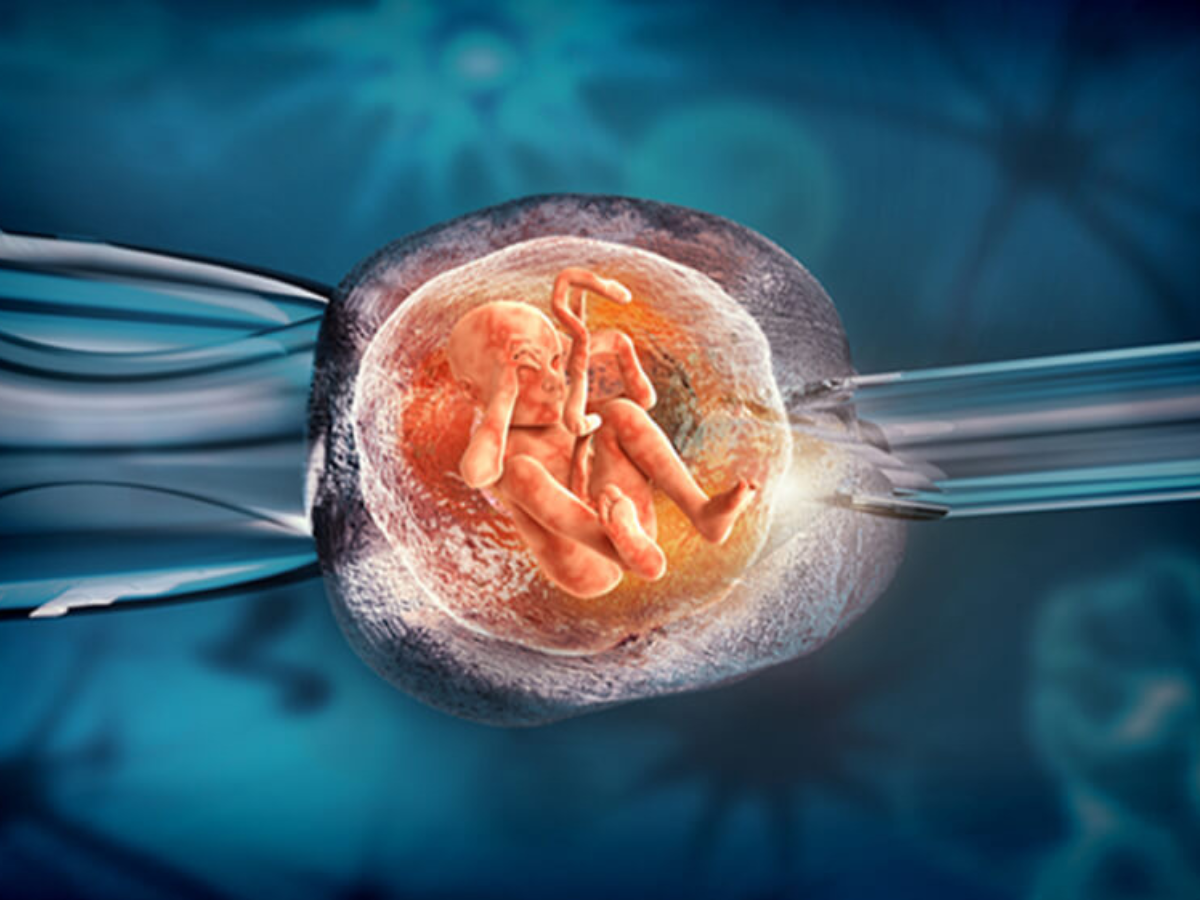IVF
In Vitro Fertilization (IVF) is a leading assisted reproductive technology designed to help individuals and couples facing infertility achieve their dream of parenthood. The IVF process involves stimulating the ovaries to produce multiple eggs, retrieving those eggs, and fertilizing them with sperm in a laboratory setting. The resulting embryos are monitored for development before being transferred into the uterus. IVF can benefit various individuals, including those with blocked fallopian tubes, unexplained infertility, or genetic disorders. By consulting with a qualified fertility specialist, prospective parents can explore their options, understand success rates, and receive support throughout their IVF journey.

About IVF
In Vitro Fertilization (IVF) is a widely recognized assisted reproductive technology (ART) designed to help individuals and couples conceive when facing infertility challenges. IVF involves the fertilization of an egg with sperm outside the body, creating embryos that can then be implanted into the uterus. This innovative procedure has helped countless individuals achieve their dream of parenthood, offering hope to those struggling with various reproductive issues.
The IVF Process
The IVF process typically involves several key steps:
Ovarian Stimulation: Fertility medications are administered to stimulate the ovaries to produce multiple eggs, increasing the chances of successful fertilization.
Egg Retrieval: Once the eggs are mature, a minor surgical procedure is performed to retrieve the eggs from the ovaries using a thin needle guided by ultrasound.
Sperm Collection: A semen sample is collected from the male partner or a sperm donor. The sperm is then prepared for fertilization.
Fertilization: The retrieved eggs are combined with the prepared sperm in a laboratory setting. Fertilization can occur naturally or through Intracytoplasmic Sperm Injection (ICSI), where a single sperm is injected directly into an egg.
Embryo Culture: The fertilized eggs, now embryos, are monitored for development over several days. Healthy embryos are selected for transfer.
Embryo Transfer: One or more healthy embryos are transferred into the uterus through a thin catheter. This is a relatively simple and painless procedure.
Pregnancy Test: Approximately two weeks after the embryo transfer, a blood test is conducted to determine if pregnancy has been achieved.
Who Can Benefit from IVF?
IVF can benefit a wide range of individuals and couples facing fertility challenges, including:
- Women with blocked or damaged fallopian tubes
- Couples with unexplained infertility
- Individuals with ovulation disorders
- Same-sex couples or single individuals seeking to conceive
- Those with a history of miscarriage or genetic disorders
Success Rates and Considerations
Success rates for IVF vary based on several factors, including the age of the woman, the cause of infertility, and the clinic’s expertise. It is important for individuals considering IVF to consult with a fertility specialist to discuss their specific situation, potential risks, and success rates.
Emotional and Financial Support
The IVF journey can be emotionally and financially demanding. It’s essential to seek support from counselors, support groups, and your healthcare team to navigate the emotional aspects of treatment. Many fertility clinics offer financial assistance programs to help alleviate the costs associated with IVF.
Conclusion
IVF is a powerful assisted reproductive technology that has transformed the lives of many individuals and couples struggling with infertility. By understanding the IVF process, success factors, and available support, prospective parents can make informed decisions on their journey to parenthood. Consulting with a qualified fertility specialist is the first step toward realizing the dream of having a child.

IVF
- Assisted Hatching
- Embryo Transfer
- Intracytoplasmic Sperm Injection (ICSI)
- Ovulation Induction
- Sperm Collection
- Blastocyst Transfer
- Hysterosalpingography (HSG)
- Laparoscopic Ovarian Drilling
- Retrograde Ejaculation Treatment
